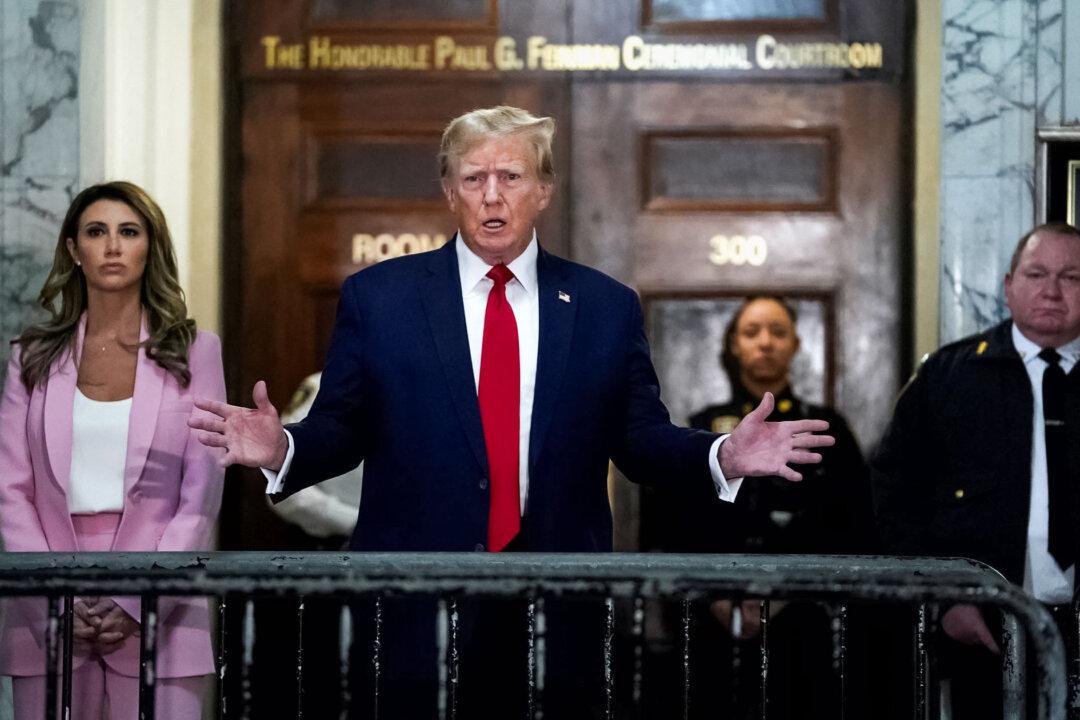Minnesota Secretary of State Steve Simon predicts former President Donald Trump to either be on ballots in every state across America or be absent everywhere in the aftermath of the Colorado Supreme Court decision to ban the candidate from the state’s ballot.
“We’re never going to have a situation in this country where one or some cluster of states decides that Donald Trump is not on the ballot and everyone else decides he is,” Mr. Simon said in a Dec. 23 interview with MSNBC. “He will either be on the ballot everywhere or nowhere. And the US Supreme Court is going to make sure of that. So they will take the case. There’s no question in my mind, just for the sake of national uniformity. And that means we’re going to have resolution. We’re going to have clarity here.”





